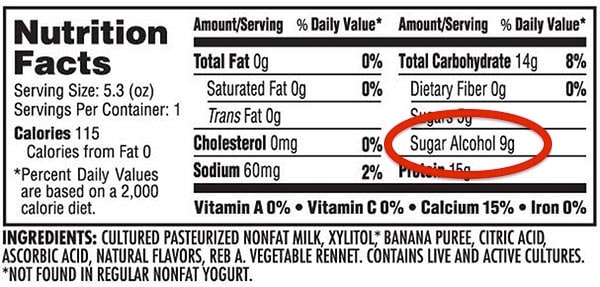With Christmas fast approaching, it’s easy to overlook some important safety rules for our animals. How many of us give candy canes out for christmas? Probably all of us!! Have you ever put candy canes on your christmas tree for decorations? SURE!! We all have!! How many of us have kids that carry candy canes around and eat them? It happens all the time!!
BE VERY CAUTIOUS!!! Ingredients that are being put in candies and other foods now can be fatal to our animals…
Can christmas candy hurt our dogs?
YES… it can!!
DID YOU KNOW?? Candy canes have a product called “Xylitol” in them.
What is Xylitol? It is a sugar alcohol that is used as a sugar substitute in items such as gum, candies, mints, lollipops and even candy canes.
WHY is Xylitol poisonous to my dog? According to Ahna Brutlag, DVM, associate director of veterinary services at Pet Poison Helpline, xylitol causes a rapid and massive insulin release in dogs, which shows up in our dogs as weakness, staggering or vomiting. Depending on how much xylitol your dog consumes, he/she can also go into a coma or experience liver failure.
According to the Poison Pet Helpline, the number of dogs ingesting products with xylitol in them are increasing. In 2009, there were approx. 300 cases reported, but in 2005, the numbers of cases increased to 2,800.
DID YOU KNOW? Even some fruits and vegetables have small amounts of xylitol in them. Brutlag says, however, that in fruits and vegetables, the amount occurs naturally and it’s usually in small amounts so it’s usually not a problem for pets. Many grocery stores have started stocking sugar-free products that use xylitol as one of their main ingredients. Some of these products include: ketchup, peanut butter, protein bars, puddings, condiments, sauces, etc…
****PLEASE READ THE ENTIRE INGREDIENT LIST OF A FOOD BEFORE GIVING YOUR DOG BITES OF IT!!!

***SUGAR ALCOHOL IS XYLOTOL!!!
Other products that may have varying amounts of xylitol in them are: gum, toothpaste, mouthwash, medications that contain melatonin, liquid prescription products, and gummy vitamins.
DID YOU KNOW?? Even some deodorants contain xylitol. WHY?? Because xylitol has humectant properties can help deodorant retain moisture so they have started using it for some body care products.
***IT IS VITAL TO KEEP THESE PRODUCTS OUT OF REACH OF YOUR PETS!!
According to the Preventive Vet, Xylitol poisons well over 6,000 dogs each year! WOW!!! That’s terrible!!
There are over 7000 products that contain Xylitol!!! STAY INFORMED FOR THE WELL-BEING OF YOUR PET!!!
If you think your dog has eaten a product that contains xylitol, immediately head to your veterinarian or emergency vet clinic. Symptoms can include:
- Weakness or lethargy
- Walking drunk
- Depression
- Acute collapse
- Seizures
- Vomiting
- Racing heart rate
- Trembling or tremoring
- Jaundiced gums
- Diarrhea
- Black-tarry stool
- Bruising
- Clotting problems
***Abnormal mentationThe American Veterinary Medical Association (AVMA) tells us,
“Time is critical for successfully treating accidental poisoning. Pick up the phone and call your veterinarian or the ASPCA Animal Poison Control Center (1-888-426-4435; a consultation fee may apply). Be prepared to provide your pet’s breed, age, weight and any symptoms. Keep the product container or plant sample with you to assist in identification so the appropriate treatment recommendations can be made.
ANOTHER GOOD IDEA: Keep the pet poison helpline saved in your contact list!
XYLITOL POISONING IS VERY SERIOUS!!! IT’S LIFE THREATENING!!!
Have a safe christmas… you AND your pets!!
Until next time,
Hugs and Pug Kisses,
Candy
